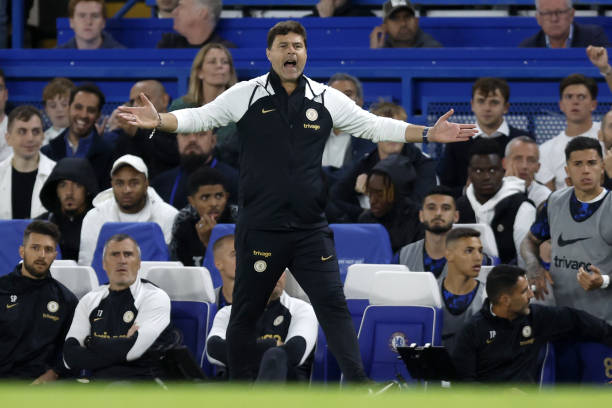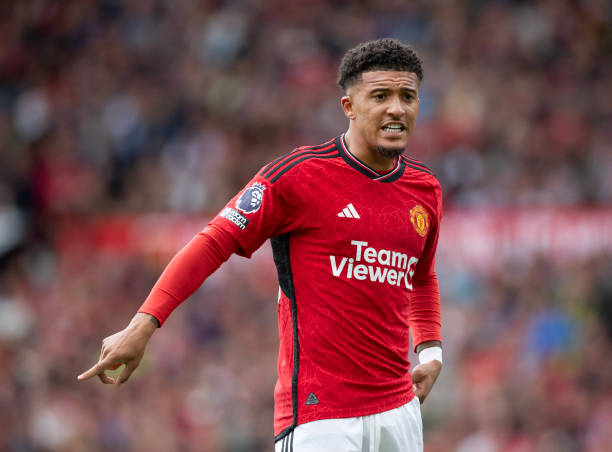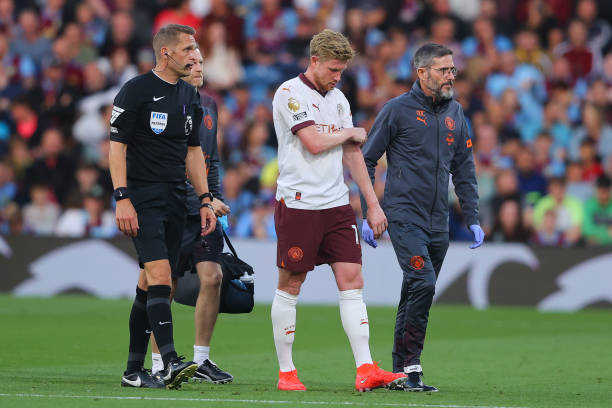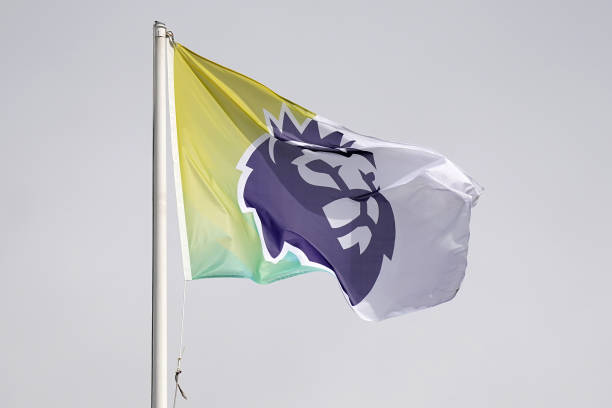The owners of Chelsea, Arsenal, and Liverpool all have ambitions to follow the example of Manchester City and the Red Bull Group in setting up multi-club networks.
The City Football Group, owned by the Abu Dhabi United Group also owns 11 clubs all across the globe, with Manchester City, Girona in Spain, and Lommel in Belgium among them. Similarly, the Red Bull stable includes German, Austrian, American, Brazilian, and Ghanaian teams.
Chelsea’s new co-owner has already started the process of identifying other clubs in which to invest and has appointed the club’s new President of business, Tom Glick, to take charge of the project. Their initial focus is on the Belgian and Portuguese leagues.
Meanwhile, The Kroenke family, which owns Arsenal have also explored the possibility of acquiring clubs abroad, and have looked at Brazil, Belgium, and Portugal. Meanwhile, RedBird Capital, which last year bought a large stake in the Fenway Sports Group (FSG) which owns Liverpool, have recently bought AC Milan, and acquired an 85% stake in Ligue 1 side Toulouse. They are looking to actively add to their portfolio.
It is no coincidence that all three clubs have American owners, who already have several sports franchises under their control.
Boehly, for example, has a 20% stake in the Los Angeles Dodgers and is also a part owner of the Los Angeles Sparks basketball team. The Kroenke family franchises include the reigning NFL champions the Los Angeles Rams, MLS side the Colorado Rapids, the NBA side the Denver Nuggets, and Colorado Avalanche in the NHL.
And FSG own the Boston Red Sox, and the NHL franchise the Pittsburgh Penguins.
Whilst UEFA regulations prohibit entry to European competitions of clubs which hold or deal in the securities or shares of another club, this does not apply where somebody has 100% shareholding in another club but does not have a controlling influence on them – although this is a grey area.
As for the motivation to expand their networks, the Premier League clubs see this as an opportunity to set up feeder clubs, that will act as a potential source of young talent, and also provide a ready outlet for developing players to be sent to on loan in order to continue their development.
And it may also be a way to circumvent post-Brexit work permit rules in the UK.
In addition, there may be synergistic opportunities in terms of coaching and data analytics across the network.
Of course, there are also marketing opportunities, with the chance to expand the brand into new territories and sell merchandising and other accessories off the back of it.
For the smaller clubs they will also get access to more investment and financial support than they would otherwise have enjoyed.
The downside, though, is the erosion of the independence of some of the lesser teams, and their permanent demotion to the status of second-class citizens. Whenever they look like discovering a major new talent, they know that it will not be long until the parent club comes along and just scoops them up.
If teams are robbed of the dream of one day making it to the top, then their whole reason for being ultimately comes into question.

Must See
-


Champions League
/ 1 year agoChampions League – Matchday 2
Almost in the blink of an eye we reached the second day of the...
-


Premier League
/ 1 year agoThe bad start for Poch’s Chelsea
Since Todd Boehly’s arrival as club owner in the summer of 2022, Chelsea have...
-


Premier League
/ 1 year agoJadon Sancho’s feud with Erik Ten Hag continues
Manchester United winger Jadon Sancho’s time at Old Trafford has been torrid, to say...

